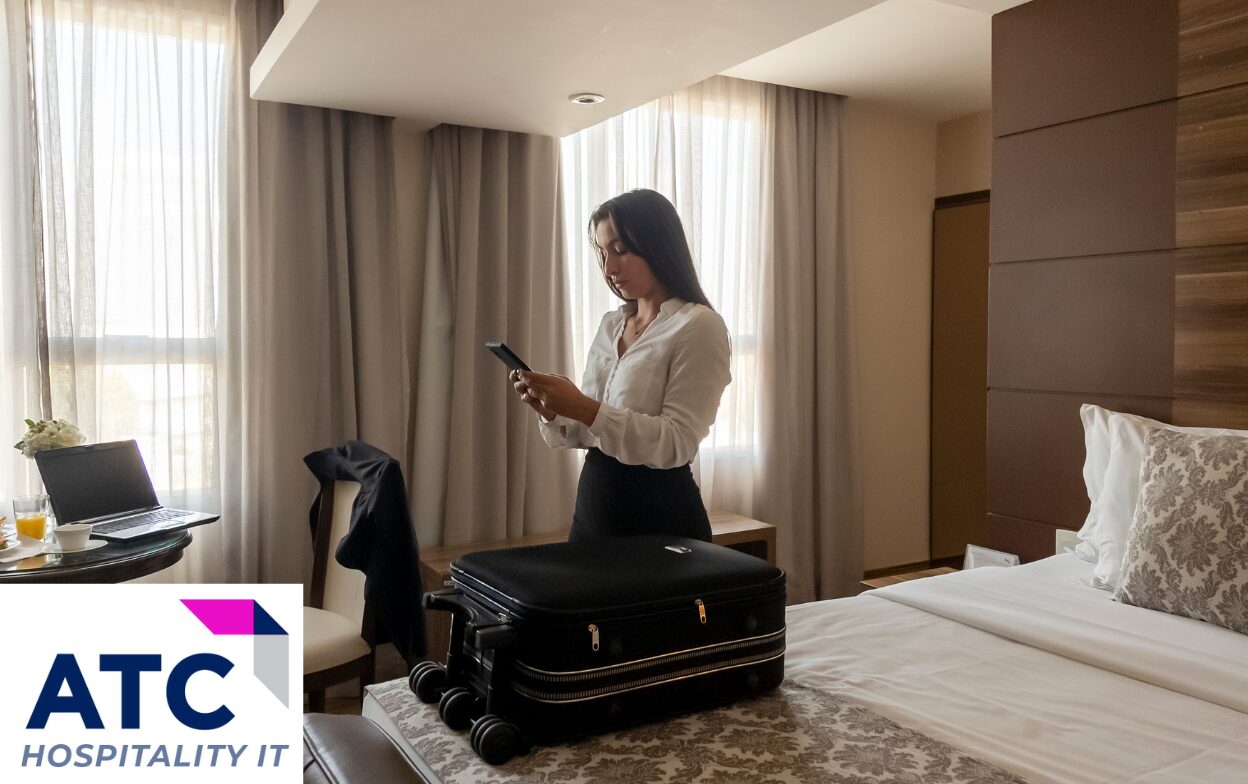
Hotel leaders face tough questions as they finalize budgets for 2026: Which technologies deliver the best ROI? How should limited CapEx be allocated across guest-facing systems, back-of-house infrastructure, and compliance requirements?
Hotel technology budgeting is no longer a siloed IT task. It’s a strategic process that influences guest satisfaction, brand reputation, and long-term competitiveness. Hotels that approach 2026 with a clear plan for capital planning for tech and smart hospitality IT investment will position themselves for resilience in an unpredictable market.
Why Hotel Technology Budgeting Matters in 2026
Hospitality technology is evolving faster than most budgeting cycles. Guests expect mobile-first convenience, reliable Wi-Fi, and guest room entertainment (GRE) that mirrors the at-home experience. At the same time, hotels must balance these investments against security requirements, sustainability initiatives, and upgrades to legacy systems.
Without intentional planning, budgets get consumed by reactive fixes rather than future-ready solutions. The winners in 2026 will be the hotels that budget proactively—aligning IT investment with brand promise, operational needs, and long-term strategy.
Key Drivers of 2026 Hotel Tech Budgets
1. Guest Expectations Continue to Rise
Mobile check-in, streaming in GRE systems, and contactless payments are no longer differentiators—they’re baseline expectations. Budgeting for guest-facing IT is essential to avoid negative reviews and ensure repeat bookings.
2. Cybersecurity and Compliance Costs
The rise of phishing, ransomware, and data breaches has pushed cybersecurity spending higher on every IT budget. Hospitality IT investments must now include vendor risk management, encryption, and staff training.
3. Sustainability Commitments
As shown in our insights on sustainable hotel operations, hotels are increasingly expected to integrate eco-friendly systems. Technology budgeting must consider energy-efficient hardware, cloud migration (to reduce on-premise energy demand), and vendor sustainability practices.
4. Vendor and Contract Management
Technology budgets can be wasted if vendor performance is not monitored. Hotels need processes to evaluate vendor reliability, align with hotel brand standards technology, and consolidate contracts where possible.
CapEx vs. OpEx: Balancing Investments
One of the biggest challenges in hotel CapEx technology planning is balancing capital expenses (hardware, infrastructure upgrades) with operational expenses (managed services, SaaS platforms).
- CapEx examples: Upgrading Wi-Fi access points, deploying smart room systems, refreshing GRE hardware.
- OpEx examples: Cloud-based PMS subscriptions, managed SOC services, or outsourced IT support.
A balanced approach allows hotels to modernize while keeping budgets flexible. As McKinsey notes, effective capital planning requires both financial discipline and a clear link to long-term strategy. Partnering with experts in technology consulting for hospitality helps leaders structure these decisions to maximize ROI.
Priorities for Hotel Technology Budgeting in 2026
1. Network & Connectivity
Hotels can’t afford to underfund Wi-Fi in 2026. With more devices per guest, reliable coverage has become the foundation for both guest satisfaction and operational efficiency. Investments should include site surveys, capacity planning, and vendor evaluations through a hotel IT solutions brand audit.
2. Guest-Facing Technology (GRE and Beyond)
GRE systems remain one of the most visible hotel tech investments. Budgeting should account for vendor reliability, content licensing, and integration with mobile platforms. Modern GRE vendors offer scalable solutions that can evolve with changing expectations.
3. Cybersecurity & Risk Management
Hotels are high-value targets for cybercriminals. Budget priorities should include multi-factor authentication, network segmentation, staff training, and regular penetration testing. Allocating CapEx toward secure infrastructure reduces long-term OpEx costs from breaches or fines.
4. Cloud and IT Infrastructure
Shifting from legacy on-premise systems to cloud-based platforms provides scalability, resilience, and often cost savings. Cloud adoption also supports innovation in analytics, AI-driven personalization, and integration across property systems.
5. Future-Proofing Investments
Budgeting should not only cover today’s needs but anticipate emerging technologies. Smart room automation, AI-driven personalization, and integrated sustainability tools are rapidly moving from pilots to must-haves.
Best Practices for Smarter Capital Planning
Hotels can strengthen their 2026 budgeting process by following best practices:
- Align budgets with guest experience outcomes – Don’t just fund projects, fund impact.
- Regularly review vendor performance – Use KPIs to track delivery and service reliability.
- Plan for scalability – Choose platforms that can grow with property expansion.
- Incorporate sustainability goals – Integrate energy efficiency into every IT investment.
- Engage cross-functional leaders early – Finance, IT, and operations must align on priorities.
Turning Budgeting Into Strategy
When done right, hotel technology budgeting becomes more than financial planning—it becomes a roadmap for guest satisfaction and brand resilience.
By strategically prioritizing capital planning for tech, balancing CapEx and OpEx, and making smarter hospitality IT investments, hotels can position themselves to thrive in 2026 and beyond.ATC Hospitality helps properties design future-ready technology budgets through technology solutions for hospitality that align with both brand standards and operational goals.
